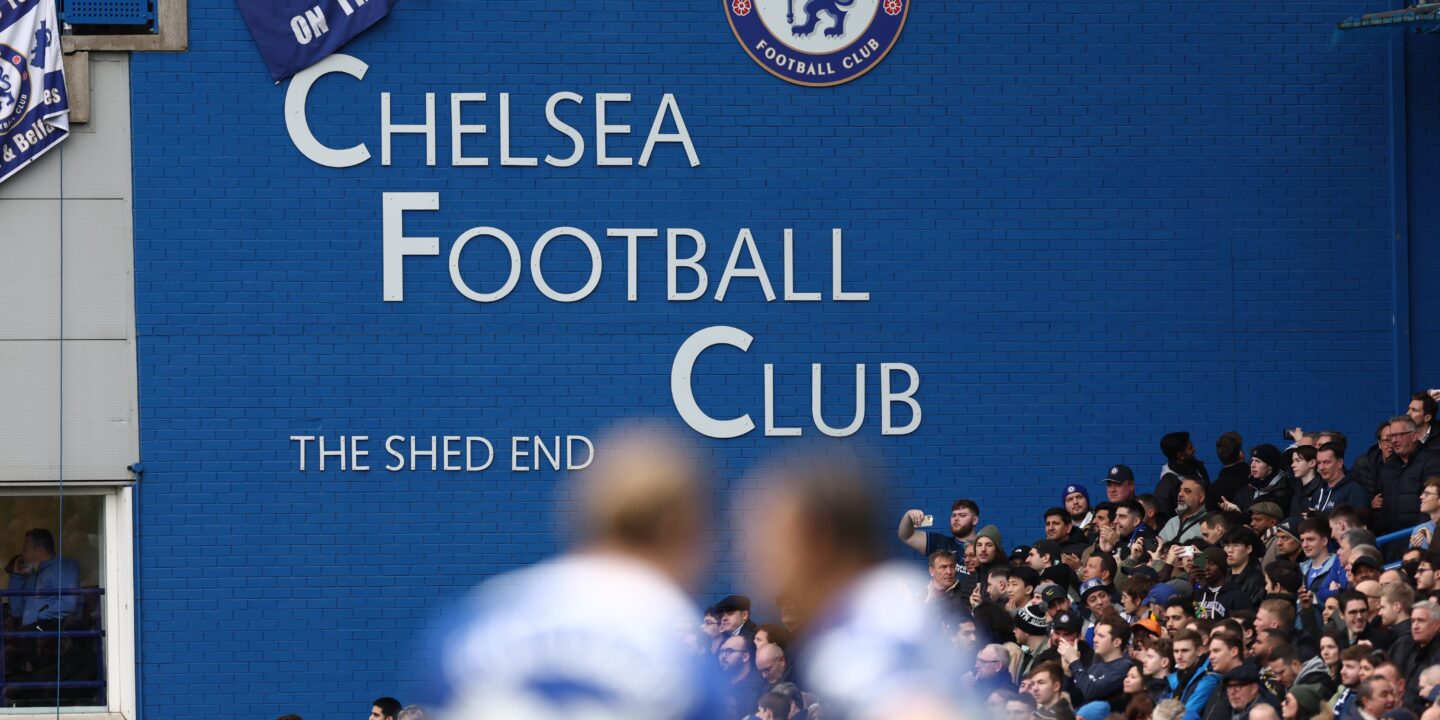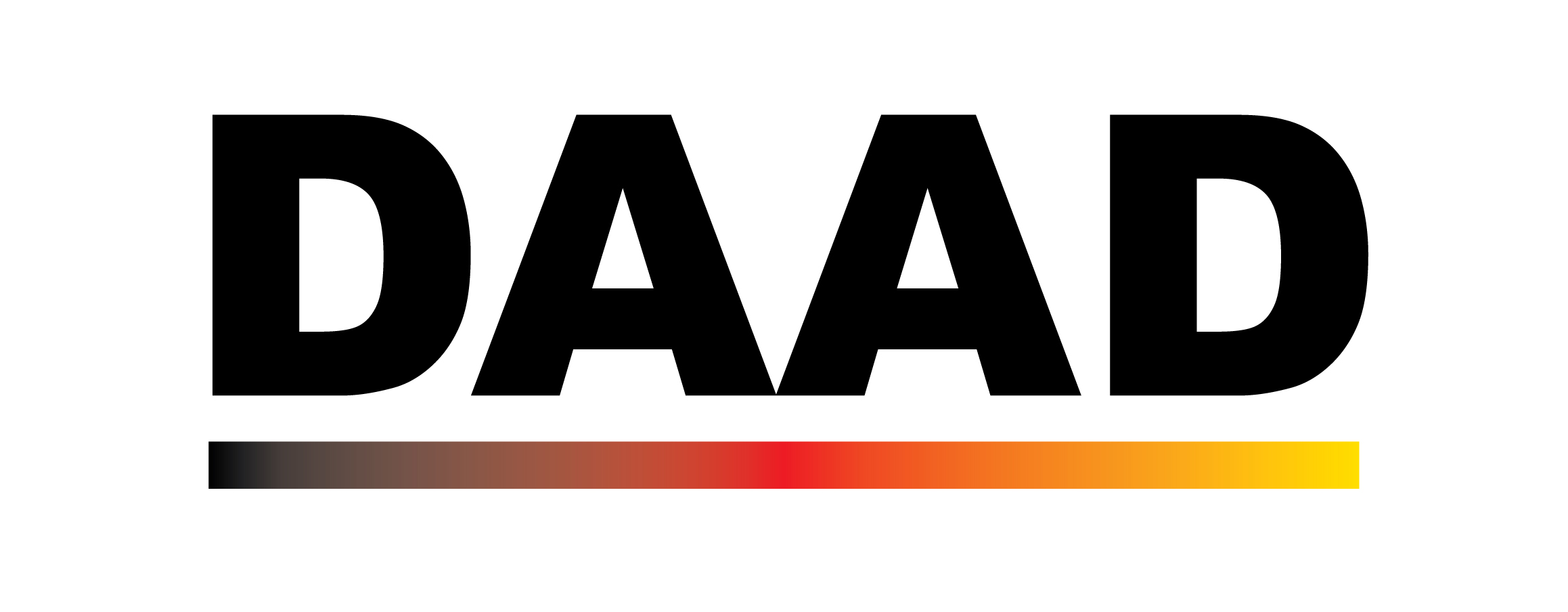Place your adverts here on InfoDig @ low rates; banner ads, sponsored links and guest articles etc. Contact us
South African Annual consumer inflation cooled for a fourth consecutive month, easing to 3,8% in September from 4,4% in August, statistics office said today in a statement.
This is the lowest inflation print since March 2021, when the rate was 3,2%. On average, prices increased by 0,1% between August 2024 and September 2024.
The country’s September inflation reading is the lowest since March 2021, from 4.4% in February and below forecasts of 3.9%.
The main downward contribution came from transport costs which declined for the first time in 13 months to -1.1% from 2.8% in August 2024, mainly due to 9% decline in fuel costs.
A Litre of inland 95-octane petrol was ZAR 22.19 in September, the lowest since February 2023. Price increases for vehicles have also slowed down to 3.6% from 8.4% a year ago.
Meanwhile, cost of food and non-alcoholic beverages rose 4.7%, the same as in August. Softer annual rates were recorded for hot beverages; meat; bread & cereals; sugar, sweets & desserts; and oils & fats while vegetables, fruit, cold beverages and fish recorded higher inflation rates. Cost of housing and utilities rose 4.8%, the same as in August.
Transport inflation continues to ease
Softer transport inflation – specifically lower fuel prices – was the main drag on the headline rate. The transport category entered deflationary territory for the first time in 13 months, with the annual rate falling from 2,8% in August to -1,1% in September.
Fuel prices dropped for a fourth successive month and are on average 9,0% lower than a year ago. A litre of inland 95-octane petrol was R22,19 in September, the lowest price since February 2023 (R21,68).1 Price increases for vehicles have also slowed; the annual rate was 3,6% in September 2024, down from a high of 8,4% in September 2023.
Annual food inflation unchanged
Annual food & non-alcoholic beverages (NAB) inflation was 4,7%, unchanged from August. Softer annual rates were recorded for hot beverages; meat; bread & cereals; sugar, sweets & desserts; and oils & fats. Hot beverages continued to register the highest annual rate among all food & NAB categories (at 15,8%), despite a cooler rate in September when compared with August’s 17,5%. Vegetables, fruit, cold beverages and fish recorded higher rates in September. Inflation for milk, eggs & cheese was stable.
On a month-on-month basis, the food & NAB price index increased by 0,6% in September compared with August. This is the highest monthly rise since January this year, when the rate was also 0,6%.
The alcoholic beverages & tobacco category registered an annual rate of 4,7%, up from 4,3% in August. Beer prices increased by 5,2%, spirits by 4,3% and wine by 4,0% in the 12 months to September.
The graphs below show food and beverage products that recorded the most significant annual and monthly price increases in September. Tomatoes, condensed milk, eggs and instant coffee continue to witness high annual price increases.
Other notable price changes in September
The September consumer price index (CPI) release finalises the housing rental survey for the third quarter of 2024. The annual rate for actual rentals was 3,3% in the third quarter (up from 3,2% in the second quarter) and 2,9% for imputed rentals (up from 2,8%). The rate for flat rentals was 4,1%, for townhouses 3,8% and for houses 2,8%.
Domestic worker wages (also surveyed quarterly) rose by an annual 4,1% in the third quarter. This is up from an annual increase of 3,9% recorded in the second quarter. #South African Consumer Inflation Rate Declines to 3.8%

 2 hours ago
31
2 hours ago
31





)









 English (US) ·
English (US) ·